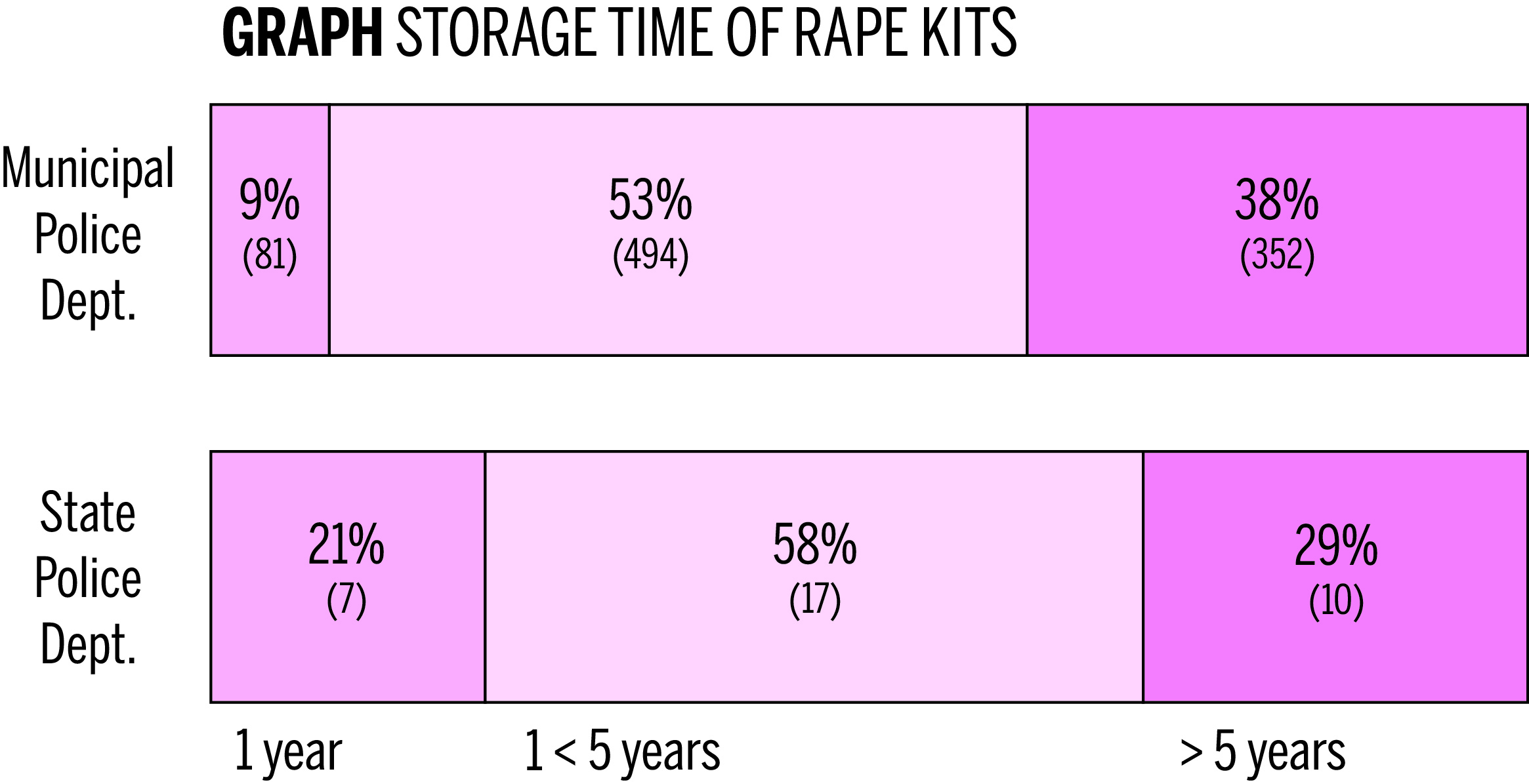
A new state law expediting the processing of rape kits goes into effect today.
The law, signed by Gov. Dannel Malloy in July, will require the state crime lab in Meriden to analyze rape kits — evidence obtained from a victim after a sexual assault — within 60 days if they are labeled with the victim’s name. Police departments will now transfer these kits to the state lab within 10 days of obtaining them. Previously, state law required rape kits to undergo testing, but no time frame was specified.
“This is about standing up for and protecting victims, and our new law is another step in our efforts to do just that,” Malloy said at a ceremonial signing in July. “Establishing clear protocols for handling evidence will help law enforcement in their efforts to identify perpetrators, while increasing care for victims. It’s no doubt a positive step.”
The state will also hold kits that are not labeled with a name for five years — a significant increase from the previously mandated 60 days. This delay will give victims more time to decide whether to take the sexual assault to court.
A survey by the Commission on the Standardization of the Collection of Evidence in Sexual Assault Investigations found 879 unprocessed kits at law enforcement departments across the state when the survey began last fall. As of July, 476 have been transported to the state crime lab.
In order for rape kits to get to the Meriden crime lab, municipal police officers must first collect the kits from the health care facilities where the victim’s samples were collected. Then, the kits are tested at the state lab and the findings are relayed to the police department.
The state lab told FOX CT in September that it had tested 100 of the rape kits it received since the survey began. But the lab declined to state whether any sexual assault cases which had these kits submitted as evidence have been solved.
In a July report, Connecticut Sexual Assault Crisis Services found that most municipal police departments had fewer than 10 kits that have not yet been delivered to the lab for testing. But 12 departments had 20 or more. New Haven had 55 untested kits.
Following the passage of the law, the state received a federal grant of almost $1.5 million to help clear the backlog of rape kits. The funding came as part of a larger initiative that spent a total of $79 million to eliminate backlogs in 27 states.
“The groundbreaking initiative we are announcing today is part of the Justice Department’s long-standing efforts to support survivors of sexual violence and to bring abusers to justice,” Attorney General Loretta Lynch said in a statement Sept. 10. “For anyone who has felt isolated and afraid, for anyone who has lost faith or lost hope as a result of a sexual crime, this is our pledge to you: We will not forget you. We will not abandon you.”
Malloy announced in July that he will form a working group to examine the difficulties state and local law enforcement face when sending rape kits to crime labs for testing.







